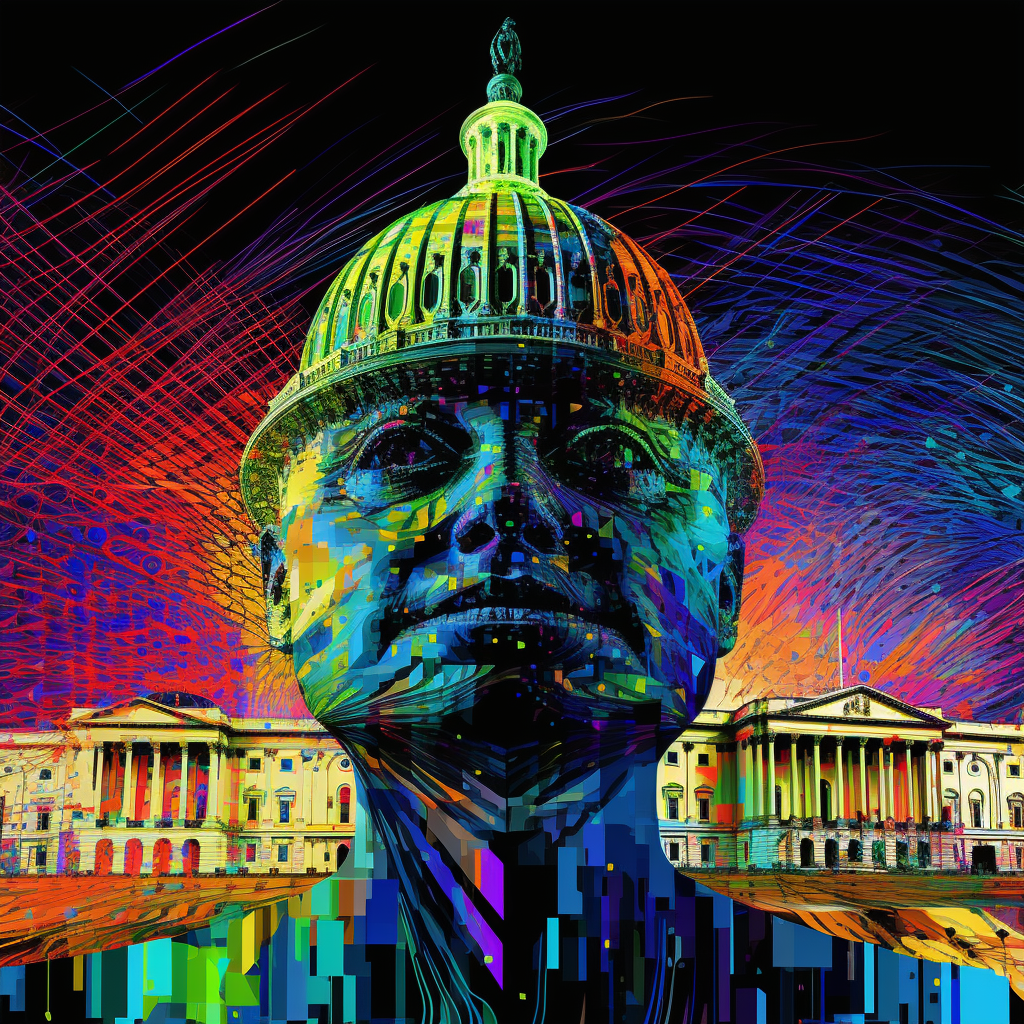June 28, 2023
Implications of US Congress Restrictions on ChatGPT Usage
Book a Demo
Recent developments in the US Congress have brought about new restrictions on the usage of ChatGPT, OpenAI’s popular language model. This blog post aims to provide an overview of the situation, explore the implications of these restrictions, and shed light on what is and isn’t permitted under the new regulations.
The US Congress has implemented new plans to restrict the usage of ChatGPT and other similar AI models. The aim is to address privacy concerns and ensure responsible usage of AI technologies. We examine the motivations behind these restrictions and discuss the broader context of AI regulation in the United States.
Under the new regulations, government offices are now only authorized to use ChatGPT Plus for non-sensitive data for privacy reasons. The limitations also extend to the type of content that can be generated using ChatGPT in official capacities. We explore the specific restrictions and their implications for government agencies and their use of AI chatbots.
The restrictions imposed by the US Congress have significant implications for AI applications beyond government usage. We discuss the potential impact on businesses, developers, and the broader AI community. The blog post explores the challenges that may arise due to these limitations and the potential need for alternative approaches in AI development.
OpenAI, the organization behind ChatGPT, has acknowledged the new regulations and expressed its commitment to working within the established boundaries. We delve into OpenAI’s response and highlight perspectives from industry leaders, including Sam Altman, on the implications of these restrictions and their potential impact on the development and use of AI technologies.
The US Congress’s restrictions on ChatGPT mark a significant development in the regulation of AI technologies. As responsible AI usage becomes an increasingly important consideration, understanding and adhering to these limitations is crucial for government offices, businesses, and developers alike. By staying informed about the evolving landscape of AI regulation, we can navigate the challenges and opportunities that lie ahead.



